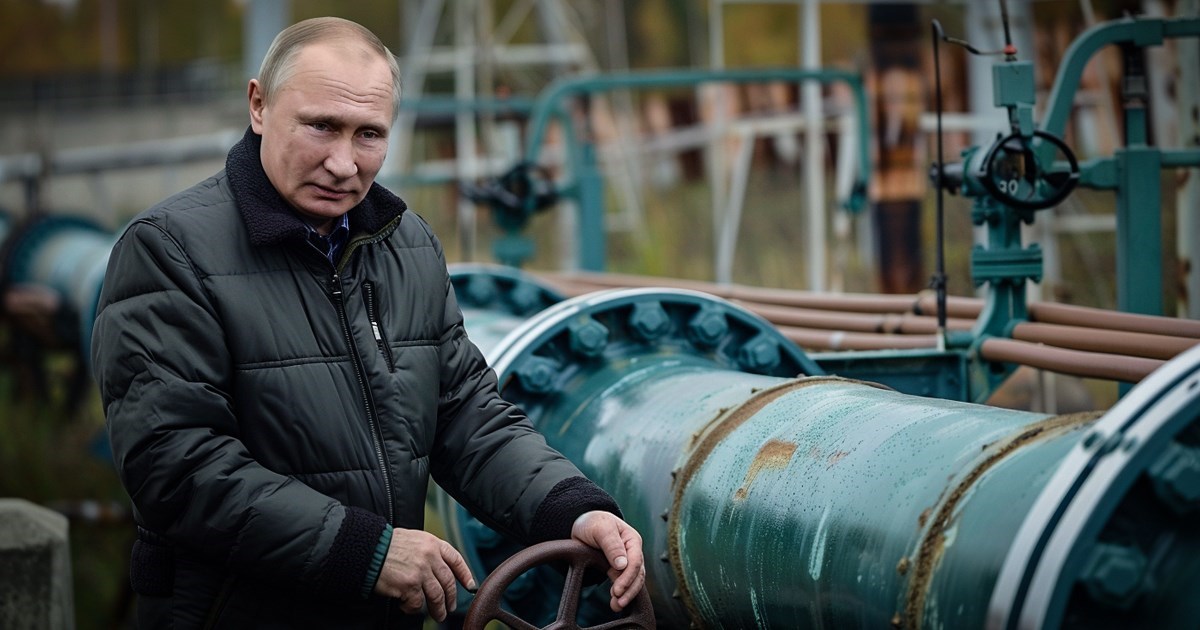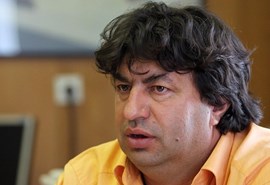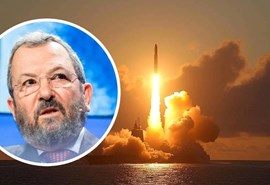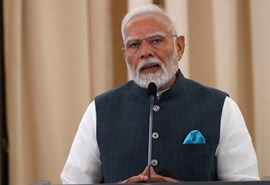The European Union plans a gradual phase-out of imports of Russian fossil fuels, including oil, gas, and nuclear fuel, despite vetoes by Hungary and Slovakia on the EU Council conclusions. The Polish EU presidency proposed a coordinated plan to remove Russian energy from the EU market, but Hungary and Slovakia blocked the adoption of this plan citing concerns over their sovereignty and energy security. The European Commission announced it will soon publish a legislative proposal that does not require consensus among member states and can be adopted by qualified majority. The upcoming Danish EU presidency plans to prioritize this issue to achieve a political agreement and start negotiations with the European Parliament. This move by the EU represents a key step in reducing dependence on Russian fossil fuels and strengthening Europe’s energy security and sovereignty.
Political Perspectives:
Left: Left-leaning outlets emphasize the importance of the EU’s move to reduce dependence on Russian fossil fuels as a step towards energy independence, climate goals, and reducing support for Russia’s war efforts. They highlight the need for solidarity among EU member states and criticize Hungary and Slovakia for blocking progress, framing it as prioritizing national interests over collective European security and environmental responsibility.
Center: Centrist sources report the facts of the EU’s plan and the vetoes by Hungary and Slovakia in a balanced manner, focusing on the procedural aspects of EU decision-making and the challenges of achieving consensus. They underline the strategic importance of reducing reliance on Russian energy while acknowledging the concerns of member states about energy security and sovereignty. The role of the upcoming Danish presidency in advancing the issue is also noted.
Right: Right-leaning outlets tend to emphasize national sovereignty and energy security concerns raised by Hungary and Slovakia, portraying the vetoes as justified defense of national interests against EU overreach. They may express skepticism about the feasibility and economic impact of the EU’s plan, warning about potential energy shortages or increased costs. The EU’s push is sometimes framed as politically motivated and potentially harmful to member states’ economies.




























